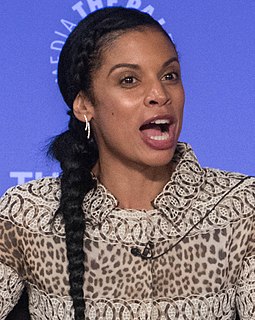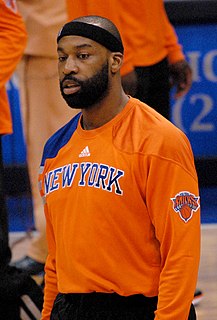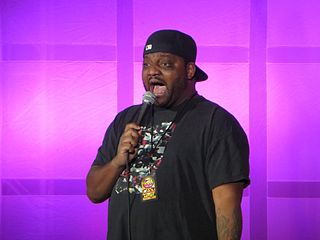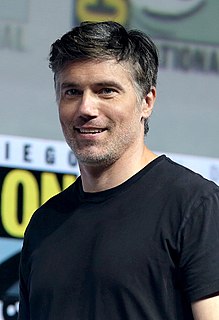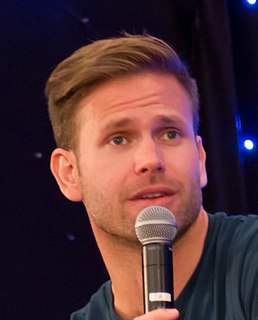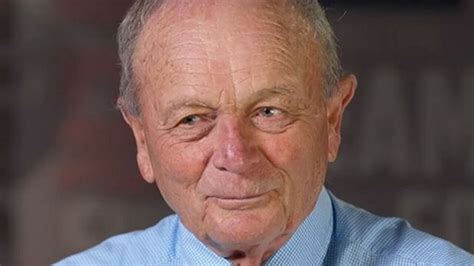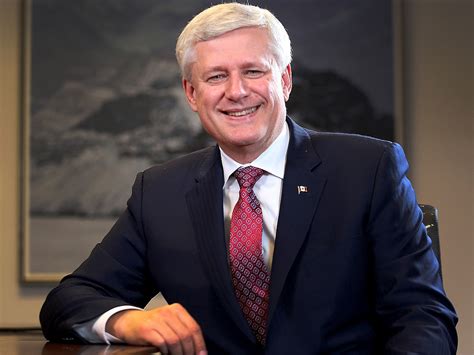A Quote by Joseph Morgan
I wanted to branch out into American television, specifically because you get to develop a character for a longer period of time and you get to develop a relationship with the audience.
Related Quotes
Television's getting better because people are investing more money and time and respect into it. But the secret weapon of television is that, because it's a slow burn, you get to meditate on things and develop them. As opposed to film, where you have an allotted amount of time and hopefully you can wrap it up in there.
I've always loved theatre because it's so immediate. The challenge of it is that, career wise, it's easier to get traction in the industry if you do film and TV because the audience is larger, and because the work can be seen for a longer period of time. I did solid work in a series of regional and Off-Broadway shows, but the work I did on TV or film will have a longer life with a larger audience (and with services like Netflix). Ultimately, there's something intimate about TV, because the storytelling and the actors come home with the viewer. It can be powerful because of that.

